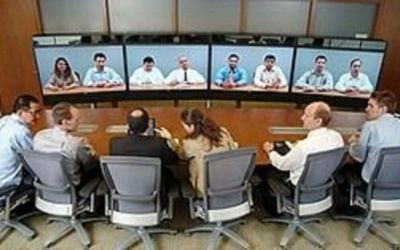
3 reasons why hiring in Japan is expensive
Shocked at the cost of recruiting in Japan?
You’re not alone. We hear time and time again from international companies who are blindsided with how difficult and expensive recruiting is here. The highly competitive candidate-driven job market drives up costs and blows out time lines.
Healthcare companies feel this pain even more strongly because of a specific set of requirements, which limits an already limited talent pool. You need leaders with a global mindset, industry experience, excellent bi-lingual communication and that star quality.
Here are 3 reasons why hiring is expensive:
1. Japan is a unique job market
It goes without saying that hiring in Japan is different to the West. According to a 2018 survey of 43 countries, Japan ranked as the most difficult place to recruit. An overwhelming 88% of employers said they have difficulty filling jobs, compared with a global average of 54%.
The language barrier can create an extra level of difficulty for international companies, with less than 8% of the country speaking English fluently. A low rate of unemployment is another challenge, with only 2.4% of the population unemployed as of January 2023.
2. Job for life employment culture
A unique feature of the Japanese workforce is the ‘job for life’ cultural pressure. Commonly, young graduates will join an organization straight out of university and remain there for their entire career.
While American employees might be ‘open to new opportunities’, this is not something that Japanese candidates would be willing to make public. To be seen as a ‘job-hopper’ could have consequences to your career.
This makes developing a talent pipeline even more important. Candidates may not be quick to jump to your company for fear of what others will think. Building trust and a relationship over time can be the key to success. It’s important to routinely touch base with potential candidates even if you don’t have a job opening, so that when they are ready and when you have the right opportunity, they can feel more confident to make the ‘hop’.
3. An active approach is needed
In Japan, it’s not quite as simple as putting up a job posting and sitting back waiting for the responses to roll in. In fact, for every 100 candidates looking for work, there are 120 job ads. Top candidates, especially those with good English skills, may receive up to 5 good offers.
This is why an active approach is needed. You need to look beyond just who is ‘on the market’ and delve into who is currently ‘in the market’. That is how we approach executive recruitment at Morunda. We actively headhunt, one position may take hundreds of emails and hundreds of calls to find the right person.
If you want help with the heavy lifting of hiring in Japan, book a discovery call with Morunda today. Crack the code for recruiting in an incredibly difficult job market.
Recent Posts
- Top sporting coaches and business leaders have a lot in common
- Elevating Leadership: Insights from Japan’s healthcare sector
- How to be a country manager
- Here are four things your firm can do to attract and retain top talent in Japan’s pharmaceutical and medical device industry:
- Build a Strong Employer Brand – What can you do if your company stinks?


